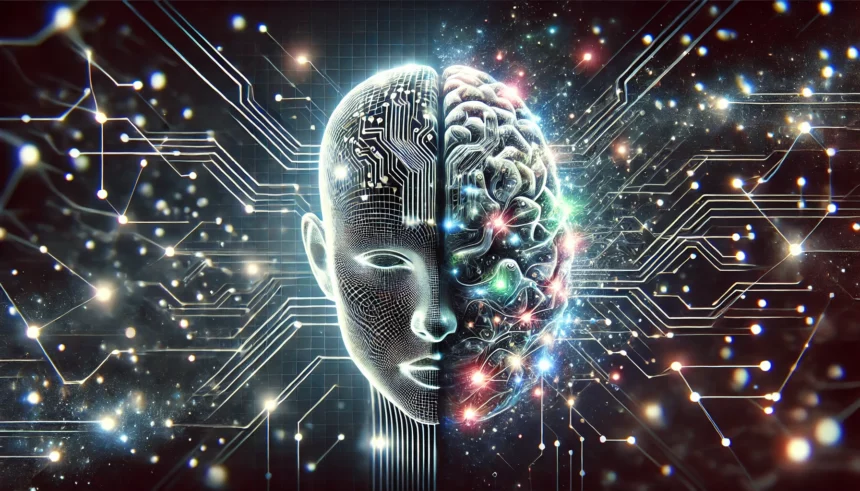Introduction to AI’s Reasoning Abilities
A recent study conducted by researchers from the Massachusetts Institute of Technology (MIT) and Boston University has raised questions about the actual reasoning abilities of artificial intelligence (AI), particularly in language models like GPT-4.
Insights from the Study
The research evaluated AI models using ‘counterfactual reasoning tasks’—scenarios requiring logical thinking about events that have not happened. For instance, the AI was tested on non-standard tasks such as performing mathematical operations in non-decimal systems and interpreting unconventional chess moves. While these models managed standard tasks with relative ease, their performance on these modified tasks was notably poorer.
This suggests that despite AI’s ability to handle routine data, its capacity to genuinely reason and understand complex, unexpected scenarios is limited. The study demonstrates that AI models are still primarily learning from large data sets and repeating learned information rather than displaying true cognitive processes.
Performance on Visual Tasks
The study also included visual tasks where the AI was asked to manipulate images of common objects like houses and penguins by mirroring them or rotating them. The results here were similarly underwhelming, indicating difficulties with spatial understanding and adaptation.
Comparison with Human Reasoning
Furthermore, the researchers considered how humans would perform on the same tasks. They concluded that while it might take humans longer to respond, their answers would likely be more accurate and reflective of real understanding compared to the AI responses.
Implications of the Findings
These findings challenge some of the claims made by AI developers about the capabilities of their systems, particularly regarding their ability to think logically and solve problems independently. This research could impact how AI technologies are developed and trusted, especially in areas requiring deep understanding and flexibility.
Conclusion
The study from MIT and Boston University serves as a crucial checkpoint for the AI industry, reminding us that while AI can perform many tasks effectively, it still has significant limitations in areas requiring genuine reasoning and adaptability.
For more in-depth information, you can access the full study on arXiv. This article provides a critical examination of current AI capabilities, underscoring the difference between memorization and real reasoning in artificial intelligence. The detailed findings are also available directly from MIT and Boston University’s official publications, providing additional context and supporting research data.
















